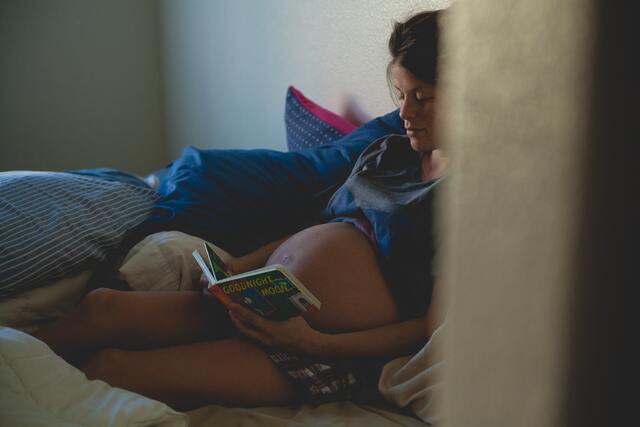New mums with ADHD are at higher risk of perinatal depression and anxiety (PNDA).
Gidget Foundation Australia said one study found a quarter of new mums with ADHD were diagnosed with anxiety during the postpartum period, and one in five with depression.
The research also noted that new parents with ADHD might experience higher levels of stress during their baby’s first year compared to those without.
Ensuring more parents can access neuro-affirming support can help reduce these risks.
“Expectant and new parents have multiple touchpoints with healthcare professionals throughout their conception and early parenting journey, and it’s important that parents with ADHD feel understood by their practitioners and their specialist needs,” Gidget Foundation Australia clinical services manager Dr Erin Seeto said.
“In addition to clinical care, peer support has also been shown to be effective in reducing perinatal mental health difficulties.
“However, mothers with ADHD may not find this connection within new mothers’ groups, so hearing stories from other parents with lived experience can help them feel validated and less alone.”
Gidget Foundation Australia ambassador Aviva was diagnosed with ADHD while she was receiving treatment for PNDA.
The mum-of-three started experiencing severe anxiety attacks when she was about 21 weeks pregnant with her third child, and says she felt like a different person overnight.
“I hadn’t experienced mental illness before, but these emotions paralysed me from head to toe,” she said.
“I was determined to find answers to what I was experiencing, and the more I researched online, the more I realised how common PNDA was and how many women were suffering in silence.” After giving birth, Aviva spent three weeks in a mother-baby unit to continue receiving treatment.
“I knew deep down that there was something more going on, because I was experiencing additional symptoms beyond those of PNDA,” she said.
“From emotional dysregulation to sensory overload, I kept a journal to make note of everything, which eventually led to an ADHD diagnosis.
“Through this, I discovered that the struggles I was having on top of PNDA hadn’t just recently appeared, but they had become harder to mask.
“The more I became educated, the more I learnt that ADHD and PNDA are closely interlinked.
“I think it’s important that all parents are educated on how to differentiate between the two and their symptoms, to make sure they can advocate for themselves and seek out the right help.”










